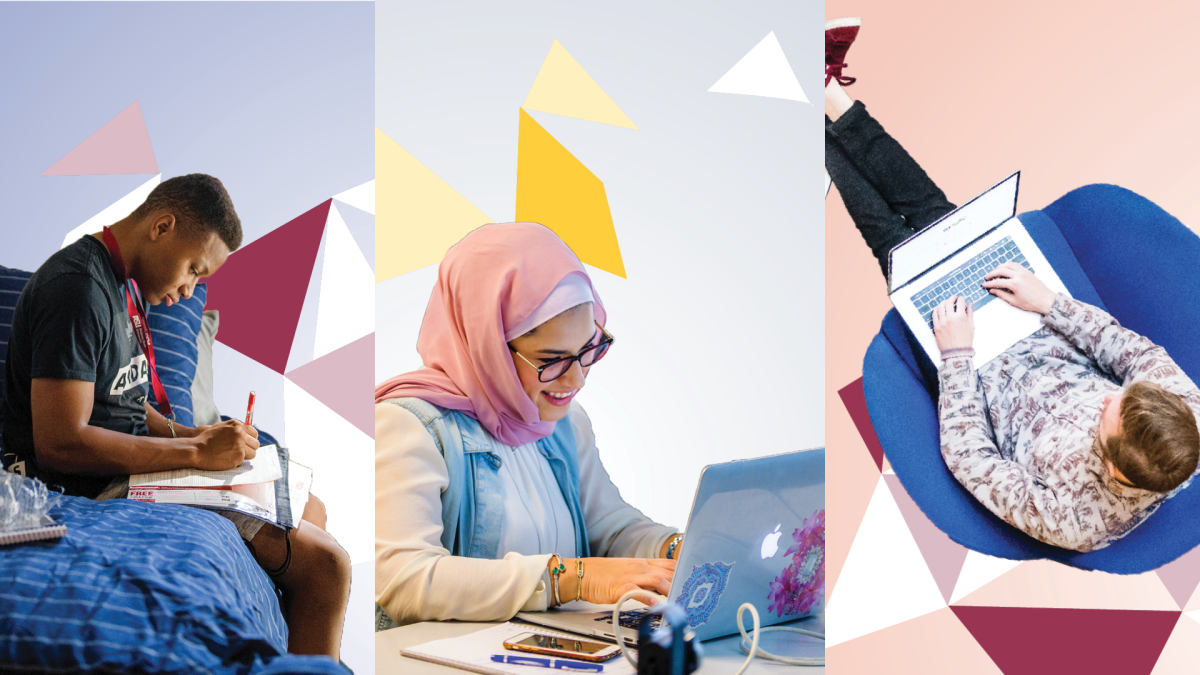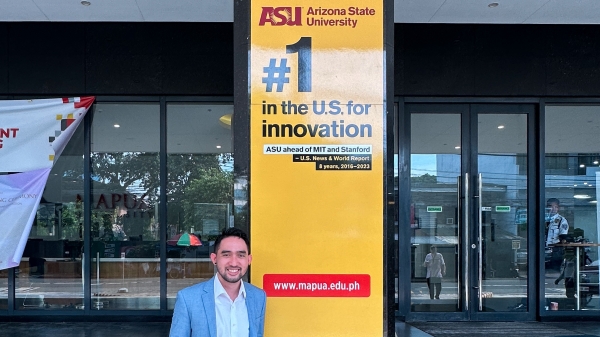'Adaptation, Resiliency and Care' event series supports ASU community during pandemic

The Institute for Humanities Research "Adaptation, Resiliency and Care" series includes events to support ASU faculty, students and staff during the pandemic.
The Institute for Humanities Research has launched a new event series titled “Adaptation, Resiliency and Care” to offer support to the ASU community during the coronavirus. Each event tackles a unique challenge that community members are facing, such as teaching online, conducting research during a pandemic, navigating ASU Sync and improving student life in uncertain times.
The first two events, “Teaching Online in the Age of Coronavirus” and “Research in the Age of Coronavirus,” took place in June and are available to watch on the Institute for Humanities Research's YouTube channel.
In “Teaching Online in the Age of Coronavirus,” panelists discussed that although teaching in a virtual environment poses new challenges and requires new ways of thinking, it also presents new opportunities to develop a deeper understanding of each student’s individual situation in this time of crisis.
Panelists provided specific methods to engage a virtual audience. Examples included presenting lectures in the form of podcasts and designing assignments that connect students to the current context of the pandemic.
They discussed that now is a time to put a focus on empathy and solidarity for the student population, and that reaching out to students on a regular basis should become an active part of teaching.
Panelist Alex Aviña, associate professor of Latin American history in the School of Historical, Philosophical and Religious Studies, said, “This current crisis forced me to really know my audience in a much broader sense, to know and be cognizant of the material conditions experienced by my students."
Two weeks later in “Research in the Age of Coronavirus,” panelists shared their own challenges in conducting research during this time and offered practical advice on how to continue research when resources seem limited.
The event was well attended by graduate students, who asked questions about planning courses at ASU, pursuing research interests and finding career success during the pandemic.
Panelists also discussed that people with more privilege in the field of academia must support their colleagues who are facing more severe career and research uncertainties.
“I worry that the brunt of the cost will be borne during the pandemic as it was borne before the pandemic, by graduate students and contingent faculty,” said panelist Catherine O’Donnell, professor of history in the School of Historical, Philosophical and Religious Studies. Panelists discussed that tenure-track faculty must enhance graduate student support, take an active role in mentorship and voice how tenure and promotion requirements should adapt to the current context of the pandemic.
The “Adaptation, Resiliency and Care” series also includes two events that will take place in July. The Institute for Humanities Research will host “Working in Sync in the Age of Coronavirus” on July 14 and “Student Life in the Age of Coronavirus” on July 28. These events are open to the public, and all are invited to register on the institute's event page to watch the events live, or go to the YouTube channel to watch them at any time after the event dates.
In addition to these summer events, the Institute for Humanities Research is planning to continue the series in the fall, with topics including parenting and community during a pandemic as well as further discussion on online teaching and tenure and promotion.
The institute is committed to providing these events as a platform to build communities of support during this challenging time. As the pandemic continues to impact work, school and home life, the institute believes we need the humanities to create a more just world.
More Health and medicine
Is ‘U-shaped happiness’ universal?
A theory that’s been around for more than a decade describes a person’s subjective well-being — or “happiness” — as having a U-…
College of Health Solutions medical nutrition student aims to give back to her Navajo community
As Miss Navajo Nation, Amy N. Begaye worked to improve lives in her community by raising awareness about STEM education and…

Linguistics work could improve doctor-patient communications in Philippines, beyond
When Peter Torres traveled to Mapúa University in the Philippines over the summer, he was shocked to see a billboard promoting…